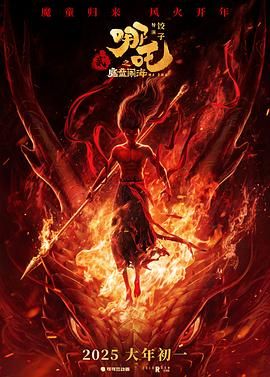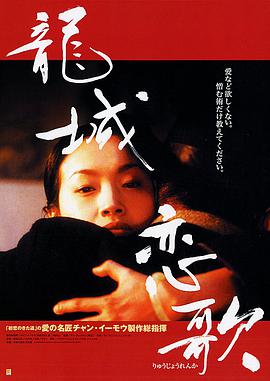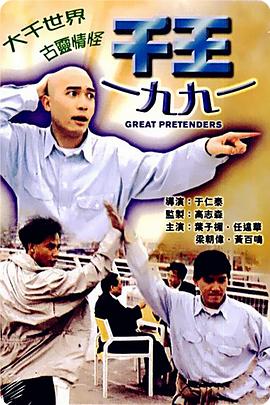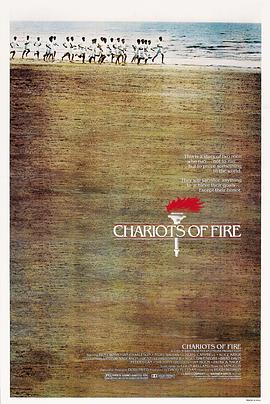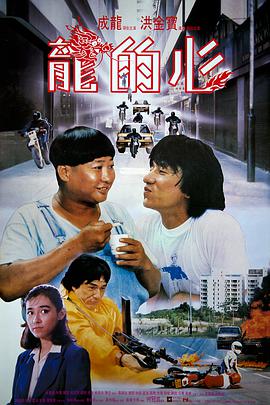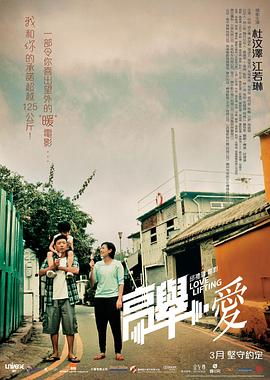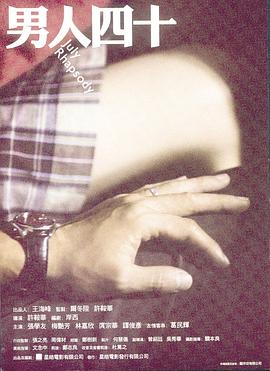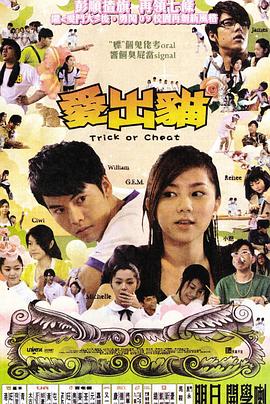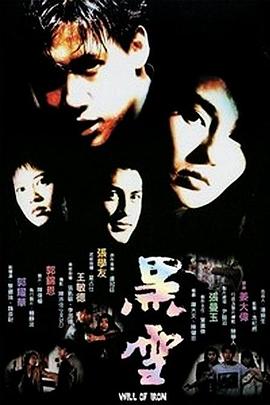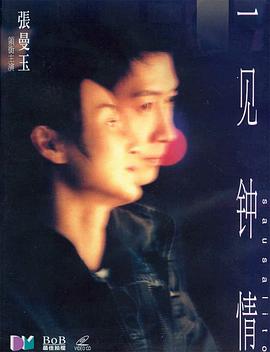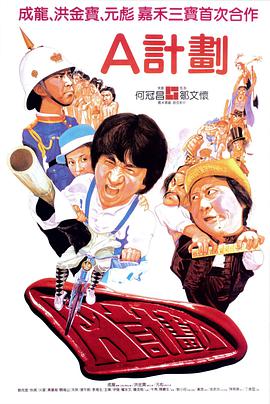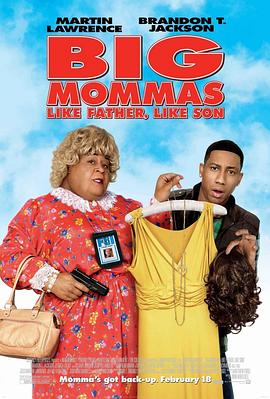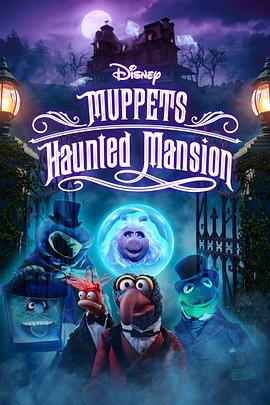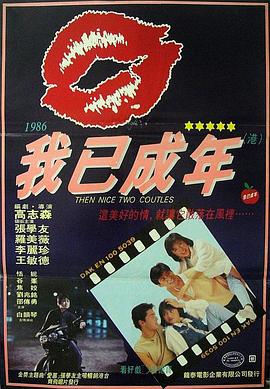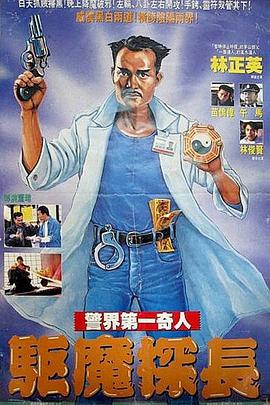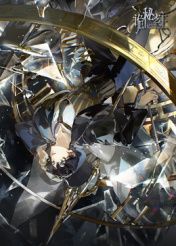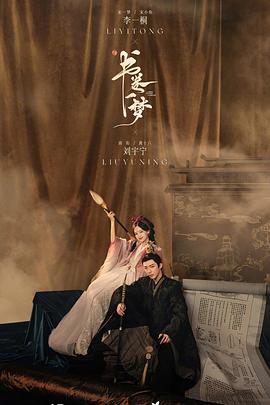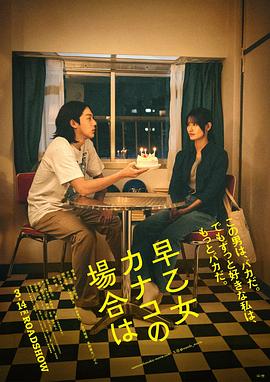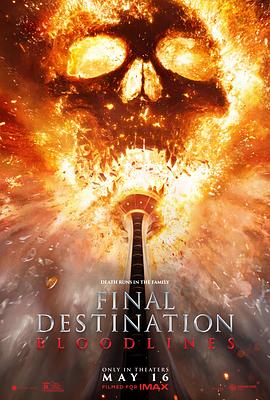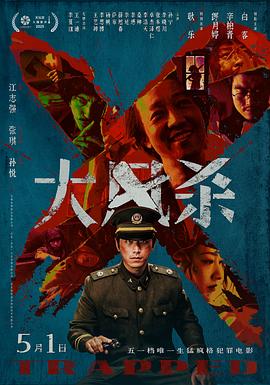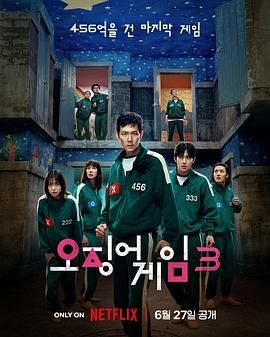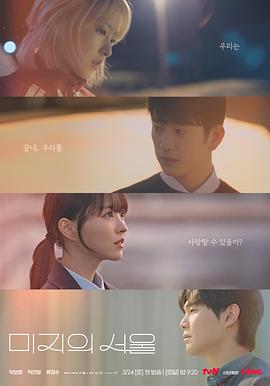剧情:
Somewhere in the remote region, the war ends. In the midst of ruined cities and houses in the streets, in rural hamlets, everywhere where people still live, are children who have lost their homes and parents. Abandoned, hungry, and in rags, defenseless and humiliated, they wander through the world. Hunger drives them. Little streams of orphans merge into a river which rushes forward and submerges everything in its path. The children do not know any feeling; they know only the world of their enemies. They fight, steal, struggle for a mouthful of food, and violence is merely a means to get it. A gang led by Cahoun finds a refuge in an abandoned castle and encounters an old composer who has voluntarily retired into solitude from a world of hatred, treason, and crime. How can they find a common ground, how can they become mutual friends The castle becomes their hiding place but possibly it will also be their first home which they may organize and must defend. But even for this, the price will be very high. To this simple story, the journalist, writer, poet, scriptwriter, movie director, and film theoretician Béla Balázs applied many years of experience. He and the director Géza Radványi created a work which opened a new postwar chapter in Hungarian film. Surprisingly, this film has not lost any of its impact over the years, especially on a profound philosophical level. That is to say, it is not merely a movie about war; it is not important in what location and in what period of time it takes place. It is a story outside of time about the joyless fate of children who pay dearly for the cruel war games of adults. At the time it was premiered, the movie was enthusiastically received by the critics. The main roles were taken by streetwise boys of a children's group who created their roles improvisationally in close contact with a few professional actors, and in the children's acting their own fresh experience of war's turmoil appears to be reflected. At the same time, their performance fits admirably into the mosaic of a very complex movie language. Balázs's influence revealed itself, above all, in the introductory sequences an air raid on an amusement park, seen in a montage of dramatic situations evoking the last spasms of war, where, undoubtedly, we discern the influence of classical Soviet cinematography. Shooting, the boy's escape, the locomotive's wheels, the shadows of soldiers with submachine guns, the sound of a whistle—the images are linked together in abrupt sequences in which varying shots and expressive sharp sounds are emphasized. A perfectly planned screenplay avoided all elements of sentimentality, time-worn stereotypes of wronged children, romanticism and cheap simplification. The authors succeeded in bridging the perilous dramatic abyss of the metamorphosis of a children's community. Their telling of the story (the scene of pillaging, the assault on the castle, etc) independently introduced some neorealist elements which, at that time, were being propagated in Italy by De Sica, Rossellini, and other film artists. The rebukes of contemporary critics, who called attention to formalism for its own sake have been forgotten. The masterly art of cameraman Barnabás Hegyi gives vitality to the poetic images. His angle shots of the children, his composition of scenes in the castle interior, are a living document of the times, and underline the atmosphere and the characters of the protagonists. The success of the picture was also enhanced by the musical art of composer Dénes Buday who, in tense situations, inserted the theme of the Marseilaise into the movie's structure, as a motive of community unification, as an expression of friendship and the possibility of understanding. Valahol Europaban is the first significant postwar Hungarian film. It originated in a relaxed atmosphere, replete with joy and euphoria, and it includes these elements in order to demonstrate the strength of humanism, tolerance, and friendship. It represents a general condemnation of war anywhere in the world, in any form.
收起
相关影片
2025
动画片
中国大陆
正片
1997
电影
香港
HD中字
1991
喜剧片
香港
HD中字
1981
电影
英国
HD
1985
喜剧片
香港
HD
2016
电影
香港
HD中字
2012
电影
中国香港
HD
2002
电影
中国香港
HD
2009
喜剧片
中国香港
HD
1991
动作片
中国香港
HD
2000
爱情片
中国香港,美国
HD
1983
喜剧片
中国香港
HD
2011
喜剧片
美国
更新HD
2021
喜剧片
美国
HD
1986
电影
中国香港
HD
正在热播
更多
2025
国产动漫
中国大陆
第6集
2025
国产剧
大陆
更新至【36】
2025
国产剧
大陆
第24集完结
2025
国产剧
大陆
当意外穿越进剧本世界,成为被反派男主用完即弃、凌虐致死的女主角应该怎么办?宋小鱼想都不用想,当然是能跑多远跑多远啊。计划如此丰满,现实却无比骨感,一旦她试图改变剧情和男配成婚,就会自动跌入无限流循环卡bug中,经历一百零八种完全不带重复的死法。所谓开局即“阵亡”。宋小鱼终于认清了现实,那就是无论她如何努力,“剧情”始终都会将她推往男主南珩身边,上演一个又一个剧本名场面……而在这个纸片世界里,亦有无数个早就被“设定”好的人物角色。有人被困深宫重院,有人囿于高门家宅,有人为雌竞所累,有人因权势奔走。有人渴望爱
更新至【40】
2025
国产剧
大陆
第40集完结
2024
电视剧
日本
正片
2025
恐怖片
欧美
凯特琳·桑塔·胡安娜 特欧·布里奥尼斯 理查德·哈蒙 欧文·帕特里克·乔伊纳 安娜·洛尔 莱亚·吉斯特德 布瑞克·巴辛格 托尼·托德 艾普尔·特莱克 马克斯·洛伊德-琼斯 艾利克斯·扎哈拉 特拉维斯·特纳 马蒂·芬诺乔 Mark Brandon 丁波·李 Janelle Beadall Panou Sophia Chapdelaine 珍妮·克鲁蒂尔 Noah Bromley
大学生史蒂芬妮(凯特琳·桑塔·胡安娜 Kaitlyn Santa Juana 饰)饱受反复出现的暴力恶梦所困扰,于是决定回到家乡,寻找唯一可能打破这个循环的人,并拯救家人免于无法避免的可怕厄运。
正片
2025
电视剧
大陆
正片
2025
国产剧
中国大陆
第32集完结
2025
日韩剧
韩国
第6集
2025
日韩剧
韩国
第12集完结
